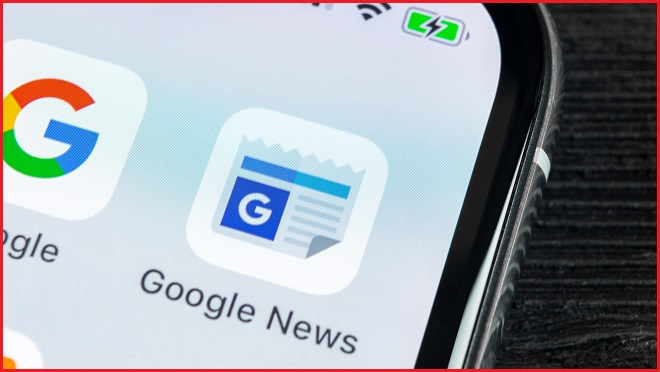Australia’s largest private media organisations, News Corp and Nine Entertainment, have struck deals with Google to have news content featured on its News Showcase product.
On Wednesday, the Sydney Morning Herald – owned by Nine – broke news of a more than $30 million per year agreement between Nine and Google for the next five years.
News Corp soon followed suit.
In a statement on Wednesday night, News announced a global deal with Google that will see its publications in the US and UK – such as the Wall Street Journal and the Times – and News Corps’ array of Australian news titles join News Showcase.
News did not share the value of its three-year arrangement.
In a statement, News Corp CEO Robert Thomson heaped praise on Google CEO Sundar Pichai, Rupert Murdoch, and both the prime minister and treasurer for creating a pathway to this valuable financial arrangement.
“This has been a passionate cause for our company for well over a decade and I am gratified that the terms of trade are changing, not just for News Corp, but for every publisher,” Thomson said.
“For many years, we were accused of tilting at tech windmills, but what was a solitary campaign, a quixotic quest, has become a movement, and both journalism and society will be enhanced.”
The News Media Bargaining Code – designed to force news media and digital platforms to come to an agreement about paying for shared news content – passed the House of Representatives yesterday with a few of what the government called “technical amendments” intended to make it easier for digital platforms to share changes to their ranking algorithms, and clarifying the nature of the forced arbitration that underpins the legislation.
Google’s approach to the code – after threatening to remove Search from its Australian operations – has been to strike agreements with news publications for inclusion on its News Showcase product: a few curated tiles currently visible in the Google News app.
Earlier this week, Seven West Media signed up to the product, following smaller publications such as the Saturday Paper, Crikey, InDaily, and the Conversation.
The agreements will see news publications get access to more data on Google users which is analysed and sold to advertisers.
Speaking at a press conference on Wednesday, Treasurer Josh Frydenberg said none of the deals made with Google over the past week would have happened without the News Media Bargaining Code.
“This legislation, this world-leading mandatory code, is bringing the parties to the table and it is helping to pave the way forward where news media businesses are getting paid for generating original journalistic content,” he said.
“It is a framework, a lasting legal mandatory framework, which is obviously the reason why the parties have come to the table.”
The legislation has been supported in principle by Labor which mostly leveled attacks at the speed of the government’s process since it promised the code’s delivery by 2020.
Labor MP Michell Rowland, speaking during last night’s second reading of the bill, said the opposition remained wary of the legislation and welcomes the chance for its review in a year’s time.
“We are mindful of the fact that Australia has one of the most concentrated media markets in the world and that search engines and social media are instrumental in facilitating access for many Australians to a more diverse range of news media, both domestic and international.
“Australians deserve the best in terms of choice and quality, and we are concerned that any reduction in that choice or quality would be to the detriment of Australian citizens and consumers.”
On Thursday, Facebook stopped Australians from posting or viewing news content on its main platform.










